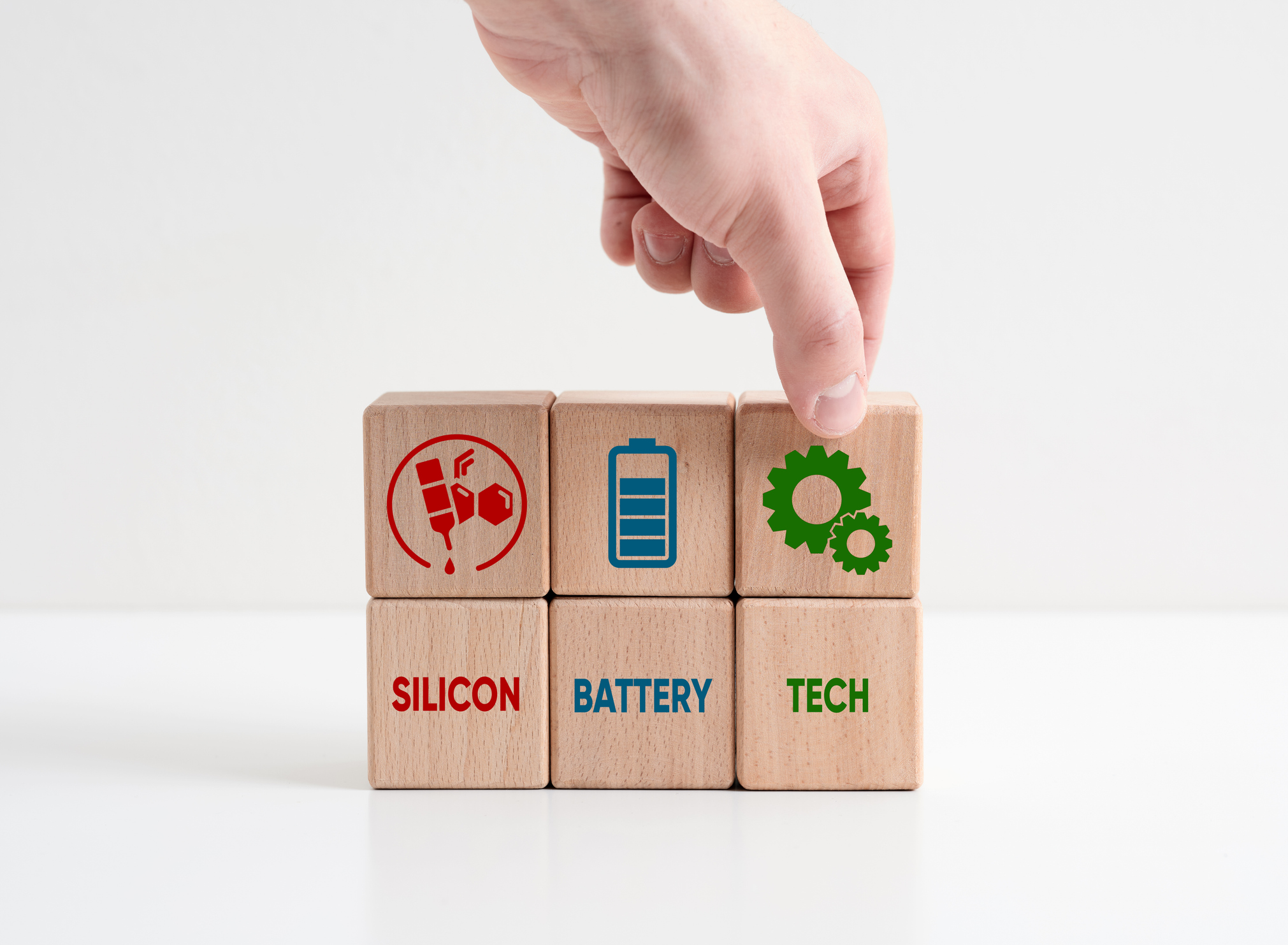NEO Battery Materials Ltd. (TSXV: NBM | OTC: NBMFF) has announced its selection as a consortium partner in a CAD$20 million project funded by South Korea’s Ministry of Trade, Industry, and Energy (MOTIE). This five-year initiative aims to develop high-performance silicon anode materials using recycled silicon waste from semiconductor and photovoltaic wafer manufacturing. The project is a significant milestone for NEO, aligning with its strategic goal of producing low-cost, high-performance silicon anodes for lithium-ion batteries.
Project Details
The initiative, titled “Recycled Silicon-Based High Energy Density Electrode Manufacturing Technology Development,” will be led by Hansol Chemical, a key player in South Korea’s chemical industry. Other consortium partners include South Korea’s largest cathode materials producer, INNOX eco-M, and LiBEST. The project’s focus is to create an environmentally sustainable and cost-effective supply chain for silicon anode materials, leveraging the approximately 900 tons of silicon waste generated annually in South Korea.
NEO’s role in the consortium is to act as a downstream value chain participant, using recycled silicon optimized with low-cost technologies to jointly develop high-content silicon anode batteries. This involvement directly supports the company’s efforts to reduce costs and enhance the sustainability of its feedstock while maintaining its technological edge.
Financial Performance and Market Data
NEO Battery Materials currently has approximately 92 million shares outstanding, with a market capitalization of CAD$110 million. Over the past 12 months, the company’s share price has increased by over 140%, reflecting growing investor confidence in its strategic initiatives and technology advancements.
The company’s strong market performance can be attributed to its unique position as a low-cost developer of silicon anode materials. Its proprietary technology allows for the production of silicon anodes at significantly lower costs compared to competitors while delivering 60-70% higher energy capacity.
Ongoing Developments
NEO Battery Materials recently signed a Memorandum of Understanding (MOU) with Linde Korea to incorporate advanced industrial gases into its manufacturing process, enhancing production quality and supporting the transition from pilot-scale to commercial-scale operations. The company has also entered into a joint development agreement with a Fortune Global 500 chemical materials firm to improve its silicon anode technology, focusing on structural durability and reducing capacity degradation.
Additionally, NEO has signed a letter of intent for a joint venture with Lotus Energy Recycling to bolster its recycled silicon initiative, further aligning with its strategy to integrate sustainable and cost-effective feedstock solutions.
NEO’s manufacturing plans in Canada are progressing, with the first facility set to produce 240 tons annually. This capacity is expected to scale up to 5,000 tons to address the rapidly increasing demand for electric vehicles and energy storage systems.
Positioning in the Battery Sector
NEO Battery Materials’ involvement in this government-backed project not only enhances its technological capabilities but also underscores its commitment to sustainability and cost efficiency. With a focus on innovation and strategic partnerships, the company is solidifying its role as a leader in silicon anode development, a critical component for the next generation of lithium-ion batteries.
For further details, visit the company’s website at www.neobatterymaterials.com.
Editor: InvestorNews
InvestorNews is a capital market & equity funding news source.
This article was published by: InvestorNews
Visit the original article here



